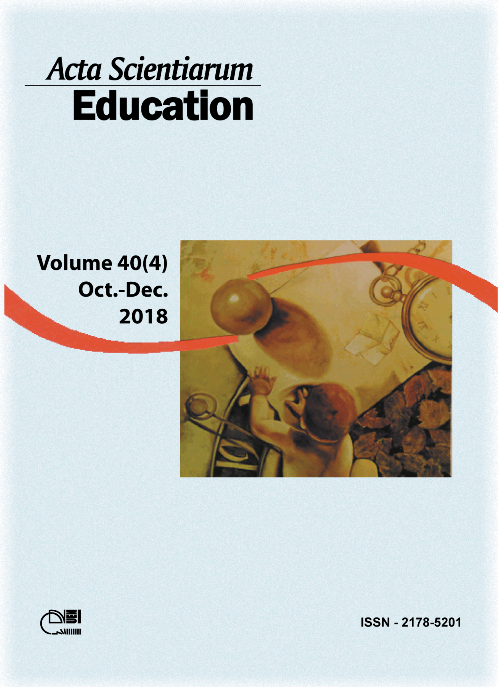<b>Education for life in a technological age: the <i>Journal Ensino Industrial<i> in 1962-1964
Abstract
This study aimed to analyze the role of the Journal Ensino Industrial as diffuser of the idea of expansion of the industrial education as a condition for economic and social development of Brazil, since editing its first issue in 1962 until March 1964, upon the occurrence of the business-military coup. The publication on focus is a continuation of the Boletim da CBAI, which publicized the activities of the Brazilian-American Commission of Industrial Education for the improvement of industrial education in Brazil, according to the ideology of Americanism. Its assumptions were considered the way to overcome the country's delay by proposing the adoption of streamline standards for the training of the workforce for the industry, whose base was the Theory of Human Capital. Ensino Industrial served as a diffuser for the dissemination of activities concerning industrial education inBrazil, highlighting the importance of planning and international cooperation in the area. The lack of manpower to the continuity of the process of modernization that led to the creation of the Intensive Preparation for Industrial Labor (PIPMOI), aiming at the rapid training of workers, but it did not materialize in better living conditions for the working class.
Downloads

This work is licensed under a Creative Commons Attribution 4.0 International License.
DECLARATION OF ORIGINALITY AND COPYRIGHTS
I declare that this article is original and has not been submitted for publication in any other national or international journal, either in part or in its entirety.
The copyright belongs exclusively to the authors. The licensing rights used by the journal are the Creative Commons Attribution 4.0 (CC BY 4.0) license: sharing (copying and distributing the material in any medium or format) and adaptation (remixing, transforming, and building upon the material thus licensed for any purpose, including commercial purposes) are permitted.
It is recommended that you read this link for more information on the subject: providing credits and references correctly, among other crucial details for the proper use of the licensed material.















































